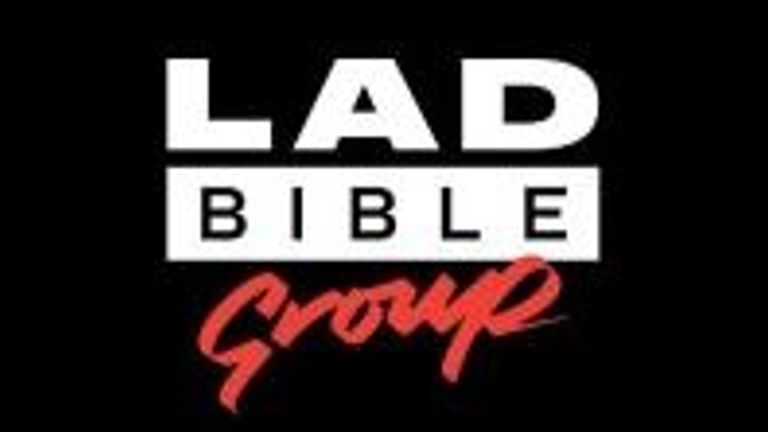LadBible Group, the youth-focused digital publisher, is exploring a stock market listing or partial sale that would catapult its co-founder into the ranks of Britain’s super-rich.
Sky News has learnt that LadBible, which was founded by Solly Solomou and Arian Kalantari in 2012, is working with Zeus Capital, the investment bank, on a review of a full range of strategic options.
Insiders said this weekend that no decision had been made about whether to pursue a London flotation, and one was unlikely to be taken for several months.
Zeus’s appointment is, however, a sign that LadBible is seriously contemplating a listing – a move that would see one of the world’s fastest-growing youth content publishers selling shares to the public for the first time.
If it does float, sources said the Manchester-based company was likely to seek a valuation between £350m and £400m.
AdvertisementMr Solomou is understood to hold a controlling stake in LadBible, meaning his interest is expected to be worth roughly £200m.
LadBible was established during a period of explosive growth in online media consumption, and has managed to carve out a loyal international following which now generates 28bn content views globally every year.
More from Business Prince Philip: New £5 coin released to commemorate Duke of Edinburgh Matt Hancock ‘affair’: Aide Gina Coladangelo’s brother has top job at company with NHS contracts Government accused of ‘sowing confusion’ over travel rules as airline boss slams ‘variant scariant’ Full list of updated green, amber and red countries – and the rules when you travel ‘The houses, the school, the church, the hall have all gone’ – the villages killed for coal Amazon and Google investigated over efforts to tackle fake reviewsIts surging audience has come at a time when traditional ‘lads’ magazine’ publishers have struggled to compete online, with the likes of FHM, Loaded and Zoo all either ceasing their print editions or closing altogether.
The British-based company owns a portfolio of online titles including LADbible, SPORTbible, Tyla, GAMINGbible and UNILAD.
Surprisingly, 40% of its audience is female, and it has more than doubled its digital readership during the last five years.
It counts approximately two-thirds of the notoriously hard-to-reach youth market in Britain among its readers.
LadBible competes with the likes of Vice Media, the US-based publisher which is itself in the process of pursuing a public listing.
Vice, which has drawn investment in the past from companies such as Walt Disney and WPP Group, is targeting a merger with 7GC&Co, a special purpose acquisition company, that could value it at $3bn, according to reports.
LadBible boasts that its readership amounts to 10bn more content views than Vice and MailOnline – owned by the Daily Mail’s publisher – combined.
The company’s huge social media following has led to creative success at the Cannes Advertising Festival for Trash Isles, its campaign to reduce plastic waste.
In 2018, it made its most significant acquisition when it bought UniLad, a competitor which had run into financial difficulties.
LadBible now employs 360 people at offices in London, Manchester, Dublin, Melbourne and Sydney.
Revenues are said to have grown at a compound annual growth rate of over 35% in the four years to December 2020, reaching about £30m in the last calendar year.
One source close to the company said that 2021 was seeing further strong growth.
“Unlike some online publishers LADbible has always been profitable and highly cash-generative,” the source said.
The company is targeting an expansion into the US after building a substantial social media audience there.
Sources said its video creation and production operation had performed strongly this year, partly thanks to the chancellor Rishi Sunak and Labour leader Sir Keir Starmer, who have used it to target youth audiences with key messages.
LadBible’s commercial clients include the NHS, Disney+, Ford, Microsoft, Netflix and Unilever.
LadBible and Zeus Capital declined to comment on Saturday.
